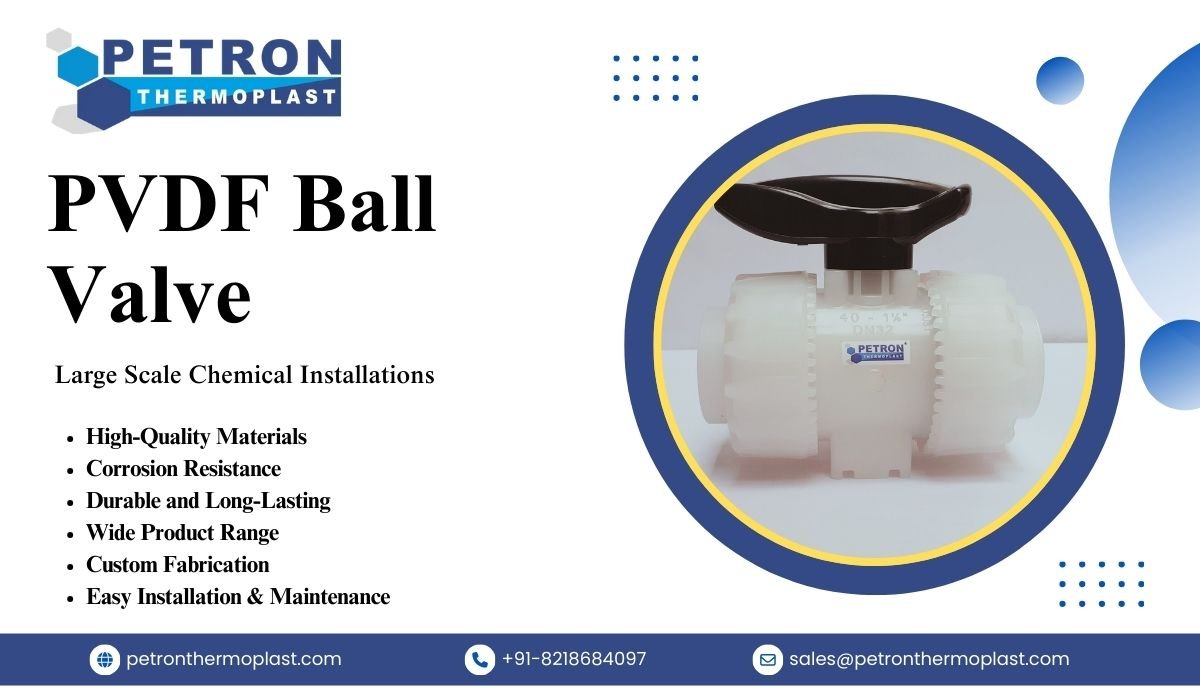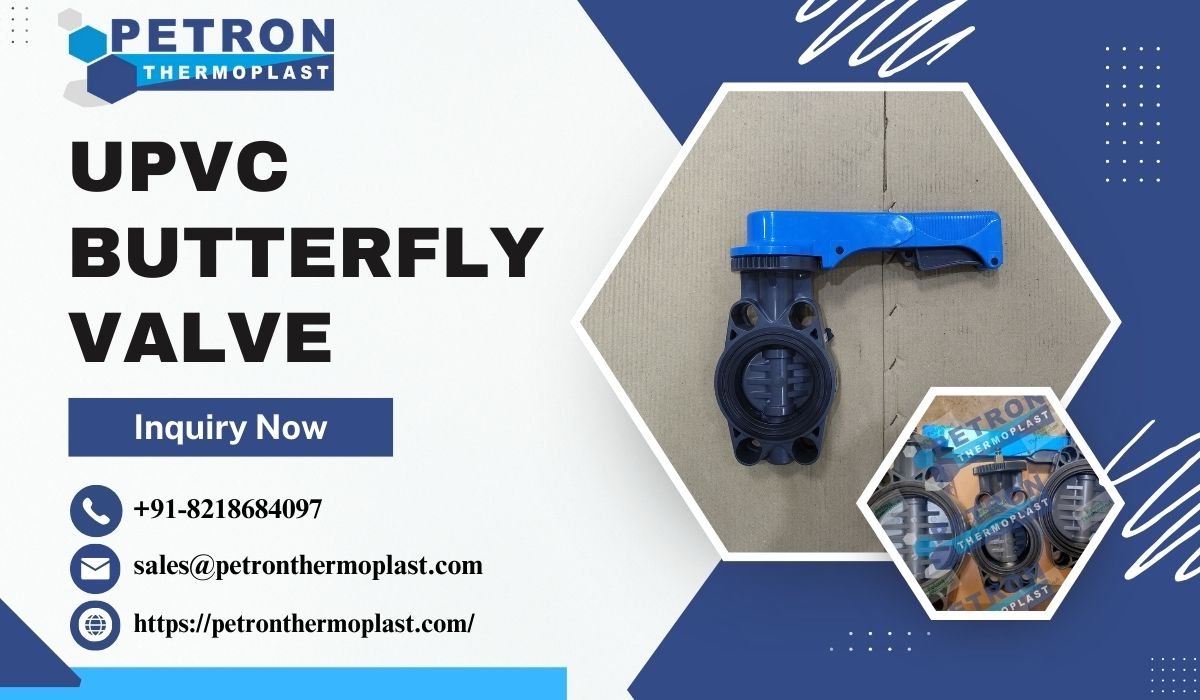When upgrading or purchasing a new car, trading in a vehicle can be smart. However, if you’re dealing with a faulty car, also known as a “lemon,” the trade-in process can be more complicated. Fortunately, California’s Lemon Law offers protections that can help ensure you receive the best value for your vehicle, even if it’s defective. Leveraging this law could save you thousands of dollars when trading in a problematic car.
This guide will explore the various aspects of using Lemon Law to maximize your trade-in value. We’ll cover how Lemon Law can protect your rights, critical signs that your vehicle qualifies as a lemon steps you can take to get the best trade-in deal on a defective car, and why working with a legal professional is crucial to securing a fair outcome.
Understanding Lemon Law: How It Protects Your Trade-In Value
California’s Lemon Law was designed to protect consumers who unknowingly purchase vehicles with significant defects. If your car has substantial issues that the manufacturer or dealer cannot repair after a reasonable number of attempts, you may be eligible for compensation under the Lemon Law. This compensation could come in the form of a refund, replacement vehicle, or, in some cases, additional value when trading in your car.
Lemon Law ensures you can handle a significant loss when trading in a lemon. Instead of taking a reduced trade-in value for a faulty vehicle, the law can provide you with legal leverage to negotiate a better deal. In some cases, the manufacturer may offer a settlement that accounts for the vehicle’s diminished value, which can increase your trade-in offer significantly.
The key for car owners is knowing how to apply Lemon Law protections before heading to the dealership.
Key Signs Your Car Qualifies as a Lemon Before Trading
Before using Lemon Law to your advantage, determine if your car qualifies as a lemon. Generally, a vehicle qualifies under the law if it meets specific criteria:
- Significant Defects: The car must have a defect that impacts its safety, performance, or value. Examples include malfunctioning brakes, engine issues, or electrical problems that can’t be fixed.
- Reasonable Number of Repair Attempts: The manufacturer or dealer must have been given multiple opportunities to fix the issue. If the problem persists after several attempts, the car may be considered a lemon.
- Within the Warranty Period: Most Lemon Law claims apply to vehicles that experience defects within the warranty period. Even outside the warranty period, discussing your options with a qualified attorney is worth discussing, as some exceptions may apply.
- Impact on Value: If the defect has significantly diminished the car’s trade-in value, you may have a valid Lemon Law claim. Car dealers often offer lower trade-in values for vehicles with known issues, but Lemon Law can help mitigate this reduction.
Identifying these signs is crucial before proceeding with a trade-in, as it can mean the difference between receiving a fair value and accepting a substantial financial loss.
Steps to Take for Maximizing Value on a Defective Vehicle
Once you suspect your car qualifies as a lemon, there are specific steps you should take to maximize its trade-in value:
- Gather Documentation: Proper documentation is critical to building a robust Lemon Law case. Collect all records of the vehicle’s repair attempts, service history, and any communication with the dealer or manufacturer. This paperwork is essential when proving that your car qualifies as a lemon.
- Obtain a Legal Evaluation: Consult a lemon law lawyer in San Diego before trading in your vehicle. An experienced attorney can review your case, determine if you qualify under the Lemon Law, and advise how to proceed. Legal guidance ensures you don’t miss out on potential compensation.
- Negotiate a Settlement: If your vehicle qualifies under the Lemon Law, you may be able to negotiate a settlement with the manufacturer. This could come as a cash payment, a replacement vehicle, or even a higher trade-in value from the dealer. Your attorney can help you navigate this process and ensure you receive the best outcome.
- Consider Legal Action: If negotiations with the manufacturer or dealer fail, your attorney can file a Lemon Law claim on your behalf. This claim may result in compensation that can be used to offset the cost of a new vehicle or increase your trade-in value.
By following these steps, you can avoid the pitfall of receiving a low trade-in offer and instead secure a fair deal.
Negotiating a Fair Trade-In Deal with a Faulty Car
Negotiating the trade-in value of a defective car can be tricky, but with the backing of Lemon Law, you have added leverage. Here are some tips for negotiating a fair deal when trading in a lemon:
- Be Honest About the Vehicle’s Condition: Being transparent about the car’s issues is essential. Hiding defects from the dealer may lead to complications, such as voided agreements or legal repercussions.
- Leverage Your Legal Standing: If your vehicle qualifies as a lemon, you can use the threat of a Lemon Law claim as leverage during negotiations. Dealers are more likely to offer a fair value if they know you’re prepared to take legal action.
- Get Multiple Offers: Don’t settle for the first offer. Shop around and get trade-in quotes from multiple dealerships. This will better understand your vehicle’s market value and increase your chances of securing a favorable deal.
- Involve Your Attorney: Your auto defect attorney in San Diego can step in during negotiation to ensure you get the best possible trade-in value. With legal backing, dealers may be more inclined to offer fair terms to avoid a potential lawsuit.
Why Legal Help Ensures the Best Outcome for Your Trade-In
Navigating Lemon Law and securing a fair trade-in value can be complex, especially when dealing with dealerships or manufacturers who may try to minimize their liability. This is where the expertise of a Lemon Law attorney becomes invaluable.
A lemon law lawyer in San Diego understands the intricacies of the law and can guide you through every step of the process, from determining whether your car qualifies as a lemon to negotiating a favorable settlement. With their help, you can avoid costly mistakes and ensure you’re not left shouldering the financial burden of a defective vehicle.
Furthermore, an experienced attorney can handle all legal correspondence with the manufacturer or dealer, making the process smoother and less stressful for you. By taking legal action when necessary, they can help you achieve a result that fairly compensates you for the diminished value of your car.
Conclusion
Maximizing the trade-in value of a defective vehicle is possible with the right strategy and legal protection. By understanding how Lemon Law works and taking the proper steps, you can ensure that you receive fair compensation for your vehicle, even if it has significant defects.
If you suspect that your car qualifies as a lemon, don’t wait to take action. Working with an experienced auto defect attorney in San Diego can help you navigate the process, secure the best trade-in deal, and potentially receive additional compensation for the faulty vehicle.
Schedule a free initial consultation with Premier Legal Center, APC, to protect your rights and ensure the best outcome for your trade-in. Contact us today at 619-235-0137 and let us help you get the value you deserve for your vehicle.












Leave a Reply